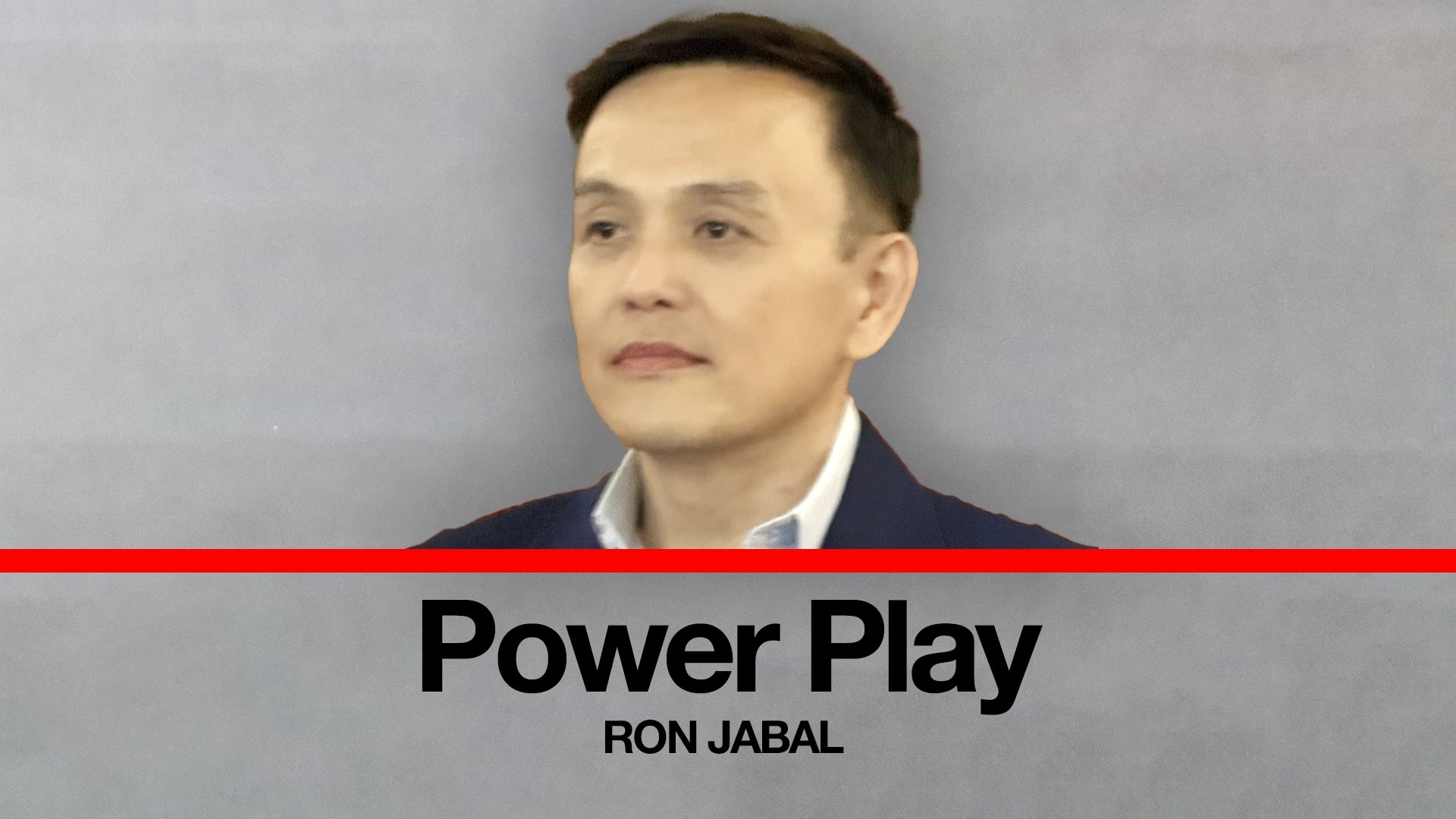Second of three parts
In a country where trust ratings often defy controversy, the question isn’t just who people trust but how that trust is formed, sustained, and sometimes weaponized.
The enduring popularity of leaders like Vice President Sara Duterte, despite allegations of corruption and misuse of public funds, is not an anomaly. It is a window into the deeper architecture of Filipino political trust which is a complex mix of personalism, emotional resonance, and media influence.
Let’s break it down.
1. Relational Culture: Trust Is Personal
In Filipino society, trust is relational before it is institutional. We place faith in individuals, not structures. A mayor who attends a wake at midnight or helps build a barangay basketball court may be remembered more fondly than a senator who authors landmark legislation.
This culture of utang na loob, pakikisama, and malasakit bleeds into national politics. Leaders who embody these values, regardless of policy outcomes, are often granted continued trust, even when accusations emerge. Filipinos forgive much, as long as they feel seen.
2. Symbolic Leadership Over Systems Thinking
In many developing democracies, symbolic leadership often trumps technocratic performance. Leaders are judged by the emotions they evoke and the image they project.
Dutertismo, for instance, is built on symbols: order, strength, family. Sara Duterte inherits this political capital. Her presence alone evokes a familiar script of defiance and loyalty. As long as she remains “strong” and “under attack,” the narrative of protector-victim remains intact.
In this logic, being accused of wrongdoing is often perceived as evidence of doing something right.
3. Information Ecosystems Shape Perception
While disinformation gets much of the blame, it’s important to understand that misinformation thrives in a vacuum of institutional credibility. Many Filipinos distrust mainstream media and official institutions. This makes social media, influencers, and informal networks far more influential in shaping public opinion.
In these spheres, narratives are simplified: “Walang ginawa kundi bumatikos.” “Ginagawa lang nila yan kasi takot sila.” These messages spread faster than fact-checked reports and often feel more emotionally satisfying.
4. Low Expectations of Accountability
Years of weak enforcement, slow-moving courts, and selective justice have trained many citizens to be skeptical of accountability processes. When someone is accused of corruption, the common reaction is not shock but resignation. “Ganyan naman talaga sa gobyerno.”
This cynicism doesn’t cancel trust. It redirects it to those who appear decisive, relatable, or loyal to one’s perceived group. Trust becomes a form of resistance, not just support.
5. Absence of Compelling Alternatives
Finally, in the absence of a strong, unified opposition with a clear moral and political vision, voters will default to the familiar. In a fragmented political landscape, trust becomes less about comparing platforms and more about holding on to whoever hasn’t failed you personally, yet.
So What Do We Do With This?
Understanding how political trust is formed in the Philippines forces us to confront uncomfortable truths: that logic doesn’t always win over loyalty, that perception often outweighs proof, and that trust is emotional before it is empirical.
For reformers and communicators, this means going beyond data dumps and exposés. Trust must be built, not just demanded. It must be rooted in connection, dignity, and presence, not just performance.
If we want a better kind of politics, we need a better understanding of how Filipinos come to believe in their leaders and what it takes to earn that belief for the right reasons.








